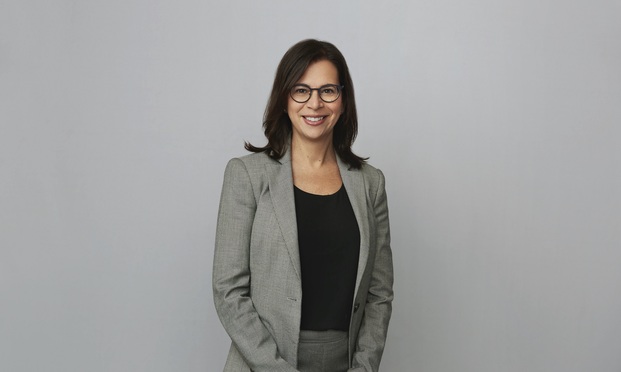Right now, the world is understandably preoccupied by the COVID-19 pandemic and its devastating human and economic toll. But even in the midst of this crisis, closing the gender gap in law remains a priority for me—and should remain so for law firms and the legal teams that decide whether to hire them.
Indeed, history suggests that it is exactly at times like these that we need more women in leadership positions, including in law. For example, according to an IMF report, the Lehman Brothers collapse in the 2008-2009 financial crisis could have been avoided if the bank had more women in positions of authority, as women could have minimized reckless decision-making and the eventual demise of the business.








